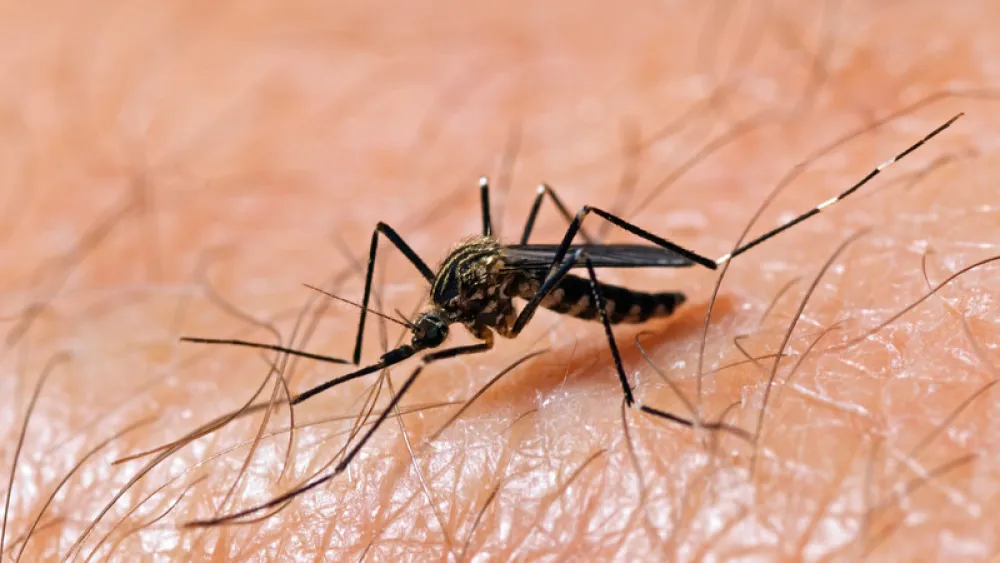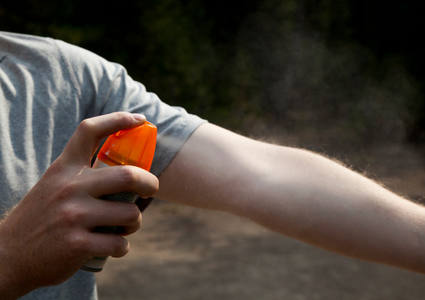Today's Medicine
West Nile Basics, Symptoms and How to Prevent Mosquito Bites


What is West Nile virus?
West Nile virus is most commonly spread to people through the bites of mosquitoes that have fed on infected birds. There are no vaccines to prevent or treat West Nile. The most effective way to avoid the disease is to prevent mosquito bites.
Preventing mosquito bites
- Apply an insect repellant. The best repellants contain DEET, picaridin, IR3535 or some oil of lemon eucalyptus and p-Menthane-3,8-diol products. Just be sure to use any repellants according to the directions on the label. If you plan to apply sunscreen and repellant, apply the sunscreen first. Products that combine sunscreen and repellant are not recommended.
 Wear long sleeves and pants. If weather permits, wear loose, long-sleeved shirts, pants, shoes and socks when outdoors. Light colored clothing makes bugs easier to spot.
Wear long sleeves and pants. If weather permits, wear loose, long-sleeved shirts, pants, shoes and socks when outdoors. Light colored clothing makes bugs easier to spot.- Stay inside during peak mosquito hours. Avoid outdoor activity around dawn and dusk when mosquitos are most active.
- Remove standing water. Standing water, like that in bird baths, ponds and puddles, are mosquito breeding grounds. If stagnant water cannot be removed, report it to the health department for treatment.
Read more about fighting common summer bug bites.
Signs and symptoms of West Nile
Most people infected with West Nile have no symptoms. However, about one in five will develop:
- Fever with head and body aches
- Joint pain
- Vomiting
- Diarrhea
- Rash
- Fatigue and weakness
These symptoms can last for weeks, but most people will recover.
Roughly one in 150 infected people will develop a severe illness affecting the central nervous system such as encephalitis or meningitis.
If you have any questions about West Nile virus or suspect you may be suffering from its ill effects, contact your physician or our Methodist Physicians Clinic Infectious Disease Clinic at (402) 354-1530.


